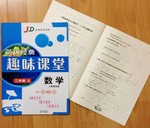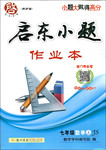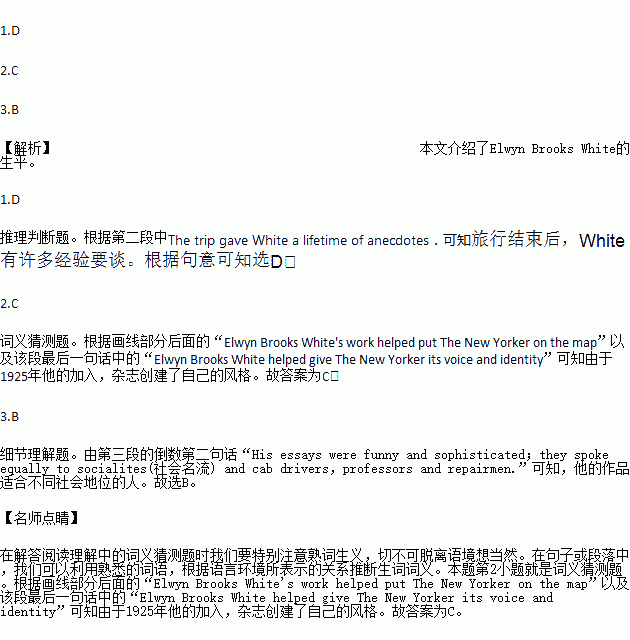题目内容
The son of a piano producer, Elwyn Brooks White was born in Mount Vernon in a wealthy family.And he was raised with the mix of sophistication(富有经验)and common sense that would mark his writing.
After graduation, White spent a year as a newspaper reporter in New York City, then decided to drive across the country with a friend.The trip gave White a lifetime of anecdotes.“When they ran out of money," White's friend, James Thurber, noted, "they played for their supper and their gasoline on an interesting musical instrument that White had made out of some pieces of wire and an old shoe."
When White returned to New York City in the mid-1920s, he spent a few years bouncing between advertising jobs and unemployment before trying his hand again at writing.Not very seriously, he sent some essays to a new magazine called The New Yorker.Since its founding in 1925, the magazine had struggled to find its niche, and White's work helped put The New Yorker on the map.His essays were funny and sophisticated; they spoke equally to socialites(社会名流)and cab drivers, professors and repairmen.Through his essays, which he wrote for nearly 50 years, White helped give The New Yor ker its voice and identity.
ker its voice and identity.
In 1945, already a leading literary figure, White switched to his second occupation writing children's books.He moved from New York to a farm in Maine, where he raised chickens and geese. Seeking a way to amuse his nieces and nephews, White started to write stories for them.“Children were always after me to tell them a story and I found I couldn't do it," he said.“ So I had to get it down on paper.”
By the time he died from Alzheimer's disease in 1985, White's essays had appeared in more literary collections in colleges than those of any other writer.Many said his essays matched his personality: sophisticated without being simple, critical without being mean.
1.What do we learn from Paragraph 2?
A. White took the trip to realize his lifelong dream.
B. The trip had a lasting effect on White's personality.
C. The travelling companion found White's music talent.
D. White had many experiences to talk about after the trip.
2.The underlined part "its niche" means something that .
A. suits its sponsors' tastes
B. protects its social identity
C. helps to build its own style
D. voices its authors' concern
3.What do we know about White's works?
A. They originally came from the stories told by his nieces.
B. They were intended for people of different social status.
C. They helped The New Yorker find its position on the map.
D. They were chosen by college textbooks when they came out.
 黄冈经典趣味课堂系列答案
黄冈经典趣味课堂系列答案 启东小题作业本系列答案
启东小题作业本系列答案
